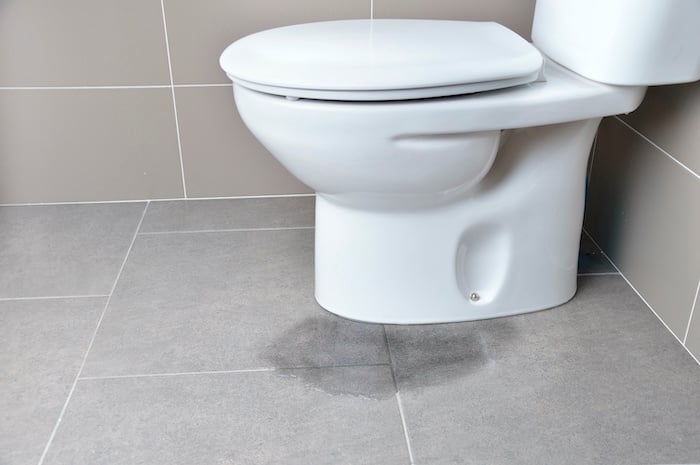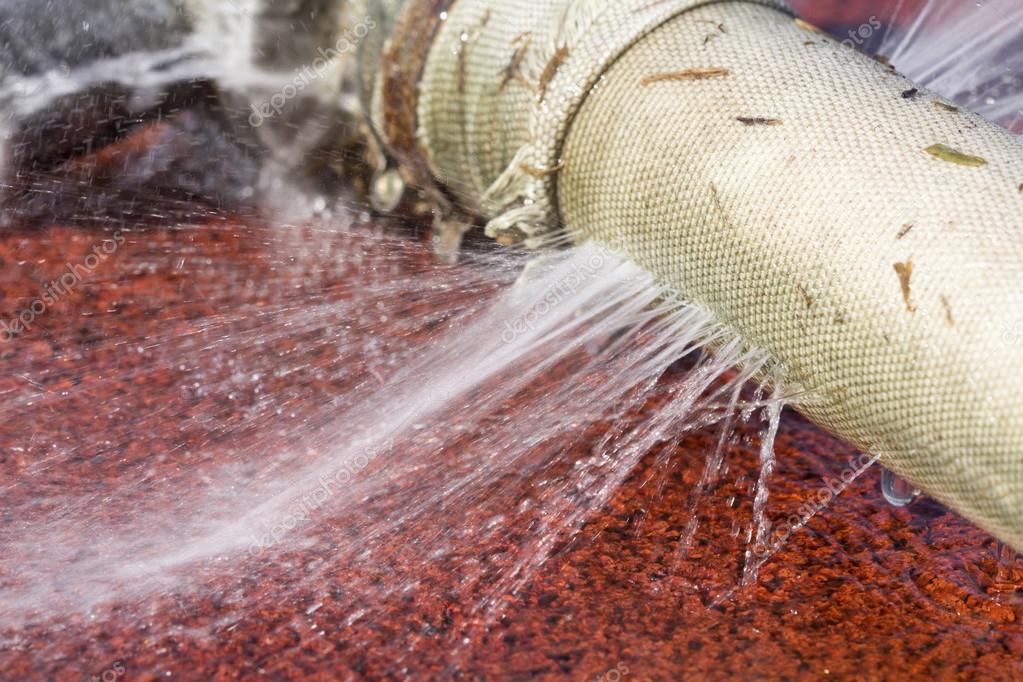The 5 Usual Sources of Water Leaks
The 5 Usual Sources of Water Leaks
Blog Article
We have unearthed this post involving How to Find and Prevent Water Leaks in Your Home below on the internet and concluded it made perfect sense to discuss it with you over here.

"Beware of little expenses. A little leakage will sink a great ship." - Benjamin Franklin.
He couldn't have been more right due to the fact that water leakages in our houses lead to a waste of resources, increasing our water costs. This boost might appear negligible at first, it can lead to substantial costs that can damage your bank. In addition to a boost in expenses, water leaks likewise create undesirable natural development, structural damage, as well as also electrical dangers.
Determining if you have a water leakage isn't constantly easy because of being unable to see the majority of the pipework in your home. If you have had a rise in your water costs recently, saw water discolorations on ceilings as well as walls, scented poor odor, etc. You may want to think about asking for plumbing solutions to get it looked into.
There are a number of root causes of water leaks, and also we have actually compiled the common factors listed below. Inspect to see if you have had related issues in your house just recently.
Compromised pipeline joints
Pipe joints are the parts of our plumbing system where the pipes link. It is crucial to note that also though pipelines are created to hold up against stress and also last for a while, they weren't designed to last permanently; consequently, they would certainly degrade over time. A typical indication of damaged pipeline joints is too much sound from faucets.
High water pressure
You observed your home water stress is greater than typical but then, why should you care? It runs out your control.
It would certainly be best if you cared since your typical water stress need to be 60 Psi (per square inch) as well as although your house's plumbing system is made to hold up against 80 Psi. A rise in water stress can place a stress on your home pipelines and also lead to splits, or worse, ruptured pipelines. Obtain in touch with a specialist regarding regulating it if you ever before see that your house water stress is higher than common.
Rust
As your pipework gets older, it obtains weak as well as extra prone to rust after the frequent passage of water via them, which can eat away at pipelines as well as trigger cracks. A noticeable sign of corrosion in your house plumbing system is staining as well as although this could be hard to identify because of most pipelines hidden away. Once they are old to make sure an audio plumbing system, we advise doing a frequent examination every few years and change pipes
Clogged drains
Food particles, dust, and grease can trigger stopped up drains pipes and block the passage of water in and out of your sink. If undealt with, raised pressure within the gutters can trigger an overflow and also end up splitting or bursting pipes. To prevent blocked drains in your house, we encourage you to stay clear of pouring fragments down the drain and also regular cleaning of sinks.
Busted seals
An additional reason for water leakages in homes is damaged seals of residence devices that use water, e.g., a dish washer. When such devices are installed, seals are set up around water adapters for very easy flow of water with the device. A damaged seal can trigger leakage of water when in use.
With little or no understanding of plumbing, understanding your residence's plumbing system sufficient to take care of a few of these problems (without repercussion) can be an inconvenience. Get in touch with plumbing specialists in Pittsburgh, Divine Superintendence, Rochester, as well as environ today, and they'll make those concerns vanish.
He could not have actually been more best since water leakages in our homes result in a waste of resources, enhancing our water expenses. If you have had an increase in your water expenses lately, saw water stains on ceilings and walls, scented lousy smell, etc. A rise in water pressure can put a pressure on your house pipes and lead to splits, or worse, burst pipes. An additional reason of water leaks in homes is damaged seals of house appliances that use water, e.g., a dishwashing machine. When such devices are installed, seals are mounted around water ports for easy passage of water through the device.
5 TIPS IN DETECTING A WATER LEAK IN YOUR HOUSE
Water leaks can be hard to find in your home, yet they can be so common. We rely on water every day in our home, which is why a leak can cause big problems. By detecting them early, you can save money and further damage, getting the problem fixed as soon as possible. Here are 5 tips to help you detect a water leak in your home, so you can contact a plumber straight away and get the issue sorted.
Check your water meter
Many people underestimate the value of the water meter in their home. It can be one of the best ways to tell if you have a leak early on, so you can get on top of it before issues start arising. Start by turning off all the water in your home: taps, washing machine, dishwasher, etc. Now take a look at the meter – if it’s still changing with everything turned off, it’s likely you have a fast-flowing leak that you need to get on top of straight away. If nothing changes, then leave your meter for an hour or two and come back to it. Did it change in this time? It’s likely you have a slower leak, which isn’t as urgent but still handy to get fixed so it doesn’t become a bigger problem.
Keep an eye on your bill
Another good way to detect a leak in your home is by keeping an eye on your water bill. It helps if you have a past bill from the same period of time. You can compare like for like and determine whether your water usage has increased significantly. If it has, there may be a leak in your system that you haven’t picked up before. A professional plumber can check through all of your pipes and determine where it is coming from.
Look for damage
If you have a leak inside your home, you will notice damage over time. Take a look at your showers and bathtubs and note whether any of the tiles surrounding the area seem to be discoloured or damaged in any way. There may be water stains, mould or peeling material that has resulted from a build up of moisture over time. Make sure you take a look under sinks at the back of cupboards that don’t get accessed regularly. This is where damage can go unnoticed and build up over periods of time.

I stumbled upon that piece of writing about How to Find and Prevent Water Leaks in Your Home when doing a search on the web. So long as you enjoyed our page please be sure to pass it around. Thanks a bunch for your time. Visit us again soon.
Quick fix? Dial! Report this page